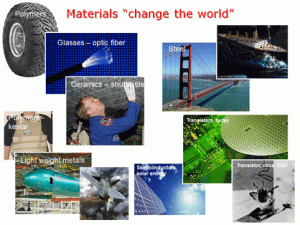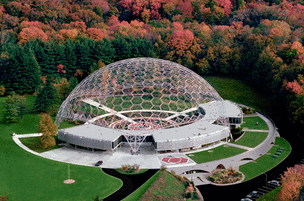The ASM Teachers Camp is an idea-generating workshop that shows educators new ways to make teaching math and core science principles more exciting and accessible to students. These objectives are met by exposing students to a variety of hands-on, low cost demonstrations and experiments. By participating in the camp, you will learn new methods that will engage you and your students in the science and math fields.
Most, if not all of us, learn better with either a tactual example or an experience that we can tie our understanding too. Materials can bridge that gap and make the concepts and equations in the text books come alive. By using hands-on demos, which you will learn about in this camp, you will have an arsenal of new ideas when you go back to your class.
This camp is specifically designed for adult teachers involved in math, chemistry, physics, and the physical sciences or related subjects. During the course of the camp, secondary education teachers (called Master Teachers) will instruct you on what works and does not work in using these ideas in the classroom. It is teachers teaching teachers!
It’s FREE of charge – you just need to register.
The Ubiquitous Nature of Materials

As materials are everywhere, most of us don’t even think about it. However materials are everything. They are in are computers, they make-up our iPhones, it is the steel bridge you drive over, and many more everyday things. Think about it, every engineer ‘engineers’ a material. But how many students really think of science and engineering as studying and developing the materials they use each day. Do they even realize all the patents, metals, and plastic coatings that exist to make up even a simple soda can? Because materials are so prevalent, many of us don’t even realize how complex and exciting they can be.
By teaching students the different properties of materials – metals, ceramics, and plastics – with the fundamental science you teach in the class room, you will give students’ tangible examples of why math and science is important and the types of careers one can have in the science, technology, engineering and mathematics (STEM) disciplines.
